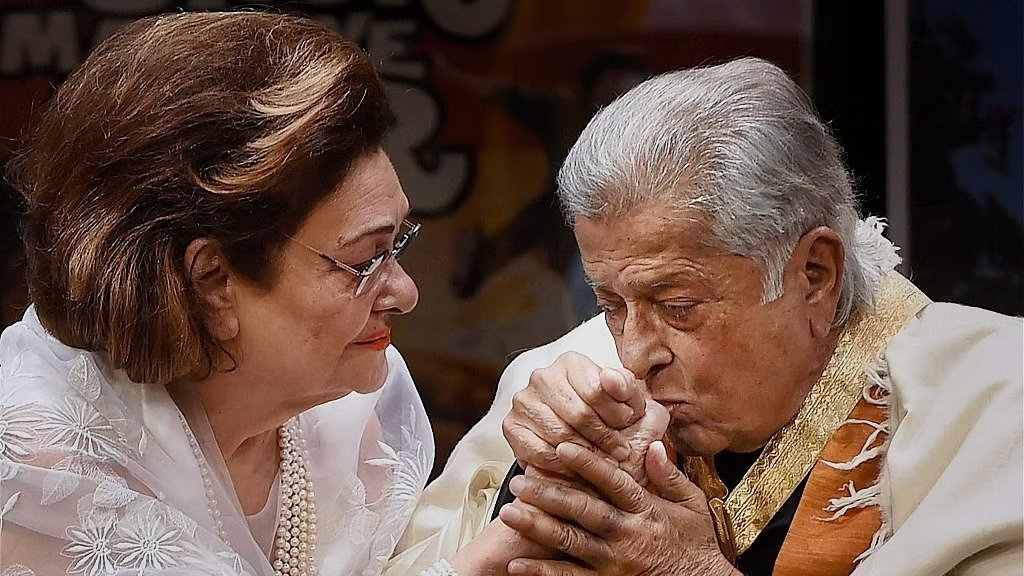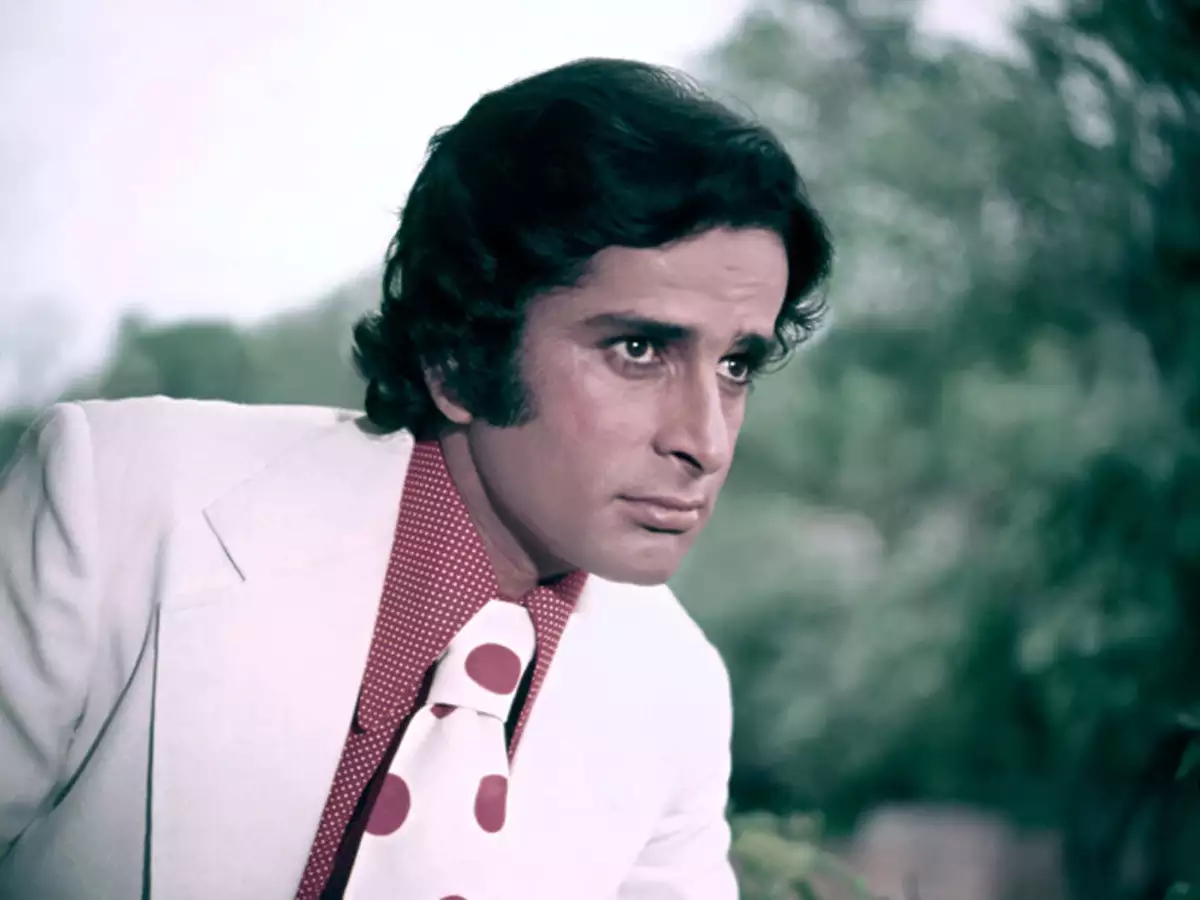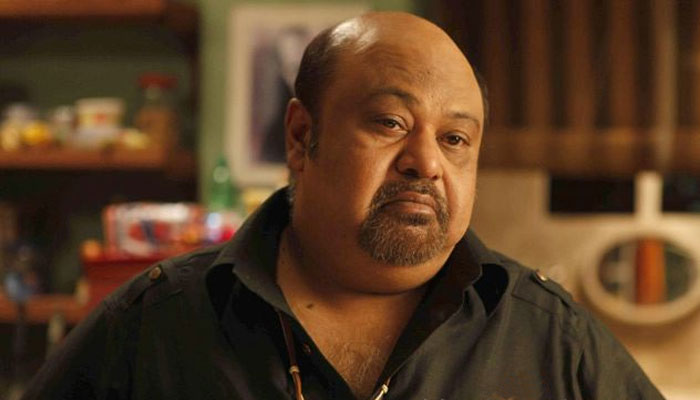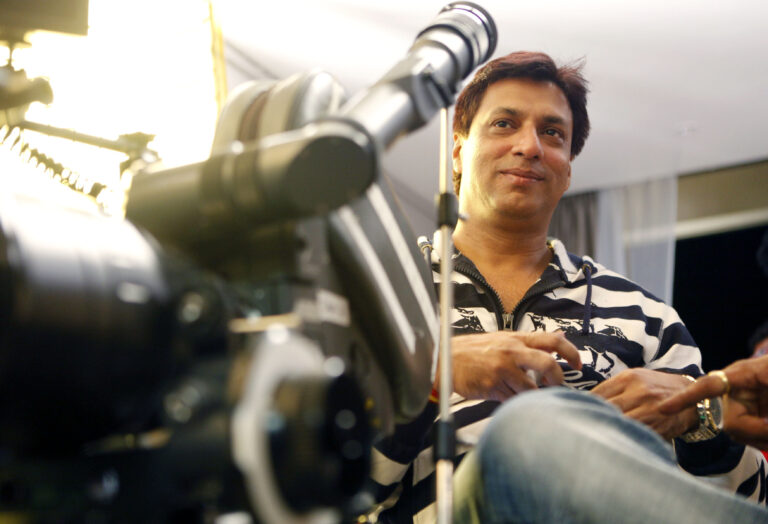Shashi Kapoor: The Charismatic Actor Who Redefined Bollywood Romance
Shashi Kapoor, a name that evokes warmth and nostalgia, is celebrated for his charismatic presence and versatile acting in Indian cinema. With a career spanning over five decades, Kapoor left an indelible mark on Bollywood through his roles in films that ranged from romance to drama and action. This article delves into his early life, career highlights, significant contributions, and enduring legacy.
Early Life and Entry into Cinema
Shashi Kapoor was born on March 18, 1938, in Mumbai, India, into the renowned Kapoor family. His father, Prithviraj Kapoor, was a legendary actor and a significant figure in Indian theatre and cinema. Growing up in such a prestigious family, Shashi was naturally drawn to the world of acting. His brothers, Raj Kapoor and Shammi Kapoor, were also prominent actors, creating a rich cinematic legacy that Shashi was destined to inherit.
Shashi Kapoor’s journey into the film industry began in the 1950s when he appeared as a child artist in films like Awaara (1951) and Shree 420 (1955), where he shared the screen with his elder brother Raj Kapoor. His transition from child actor to a leading man was marked by his determination and talent, eventually establishing himself as one of Bollywood’s most beloved actors.
Shashi Kapoor Breakthrough and Career Highlights

Shashi Kapoor’s breakthrough as a leading actor came in the 1960s, with his performance in the film Dharmputra (1961). Directed by Yash Chopra, the film was a critical success and established Kapoor as a prominent actor in Indian cinema. His portrayal of a conflicted character caught the attention of audiences and critics alike.
Throughout the 1970s and 1980s, Shashi Kapoor starred in a series of successful films that solidified his status as a leading man. His on-screen chemistry with leading actresses like Nargis, Sharmila Tagore, and Hema Malini created some of the most memorable romantic pairings in Bollywood. Films such as Deewaar (1975), Kabhie Kabhie (1976), and Satyam Shivam Sundaram (1978) showcased his versatility and ability to convey a wide range of emotions.
In Deewaar, directed by Yash Chopra and written by Salim-Javed, Kapoor played the role of a conflicted young man who grapples with his criminal past and familial relationships. His performance was widely acclaimed and is considered one of his career-defining roles. In Kabhie Kabhie, a romantic drama directed by Yash Chopra, Kapoor’s portrayal of a brooding poet added depth to the film’s narrative and showcased his romantic prowess.
Versatility and International Appeal
One of Shashi Kapoor’s standout traits was his versatility. While he was celebrated for his romantic roles, he also excelled in action-packed dramas and socially relevant films. His collaboration with director Ramesh Sippy in Roti Kapda Aur Makaan (1974) and Chupke Chupke (1975) demonstrated his ability to handle diverse genres, from social drama to comedy.
Kapoor’s international appeal was also notable. He appeared in several films produced outside India, contributing to the global recognition of Bollywood cinema. Notably, his work in The Householder (1963) and Shadows (1968), directed by James Ivory, showcased his ability to perform in English-language films and introduced him to international audiences.
Shashi Kapoor Legacy as a Producer and Philanthropist

Beyond his acting career, Shashi Kapoor was also a successful producer and philanthropist. His production company, Film Valas, was responsible for producing several critically acclaimed films, including Vijay Anand’s Katha (1983) and Shyam Benegal’s Kalyug (1981). Kapoor’s efforts in producing quality cinema contributed to the growth and evolution of Indian film industry.
Kapoor was also known for his philanthropic work. He supported various charitable causes and organizations, focusing on education and healthcare. His commitment to giving back to society reflected his values and desire to make a positive impact beyond the film industry.
Challenges and Personal Life
Shashi Kapoor’s personal life, while marked by professional success, was not without challenges. He faced health issues in his later years, which impacted his ability to work as actively as he once did. Despite these challenges, Kapoor remained a respected and beloved figure in the industry.
Kapoor’s marriage to Jennifer Kendal, an English actress and a prominent figure in Indian theatre, was a significant aspect of his personal life. The couple’s partnership was a source of strength and support throughout their careers. They had three children—Kunal, Karan, and Sanjana Kapoor—who have continued the family’s legacy in the film industry.
Shashi Kapoor Enduring Impact and Legacy
Shashi Kapoor’s impact on Indian cinema is profound and enduring. His contribution to Bollywood through his performances, production work, and philanthropy has left a lasting legacy. Kapoor’s ability to portray a range of characters, from romantic heroes to intense dramatic roles, has made him a cherished actor in the hearts of audiences.
His legacy is also reflected in the continued admiration of his films and performances. The charisma, depth, and versatility that Kapoor brought to his roles continue to be celebrated by fans and critics alike. His influence on Indian cinema is evident in the many actors who have been inspired by his work and the films that continue to showcase his talent.
Conclusion
Shashi Kapoor’s career is a testament to his talent, dedication, and charisma. From his early days as a child actor to his later success as a leading man, Kapoor’s contributions to Indian cinema have been significant and far-reaching. His versatile performances, successful production ventures, and philanthropic efforts have cemented his place as one of Bollywood’s most revered and influential figures.
As Bollywood continues to evolve, Shashi Kapoor’s legacy remains a shining example of excellence and dedication in the film industry. His impact on Indian cinema, both as an actor and a producer, ensures that his contributions will be remembered and celebrated for generations to come.



